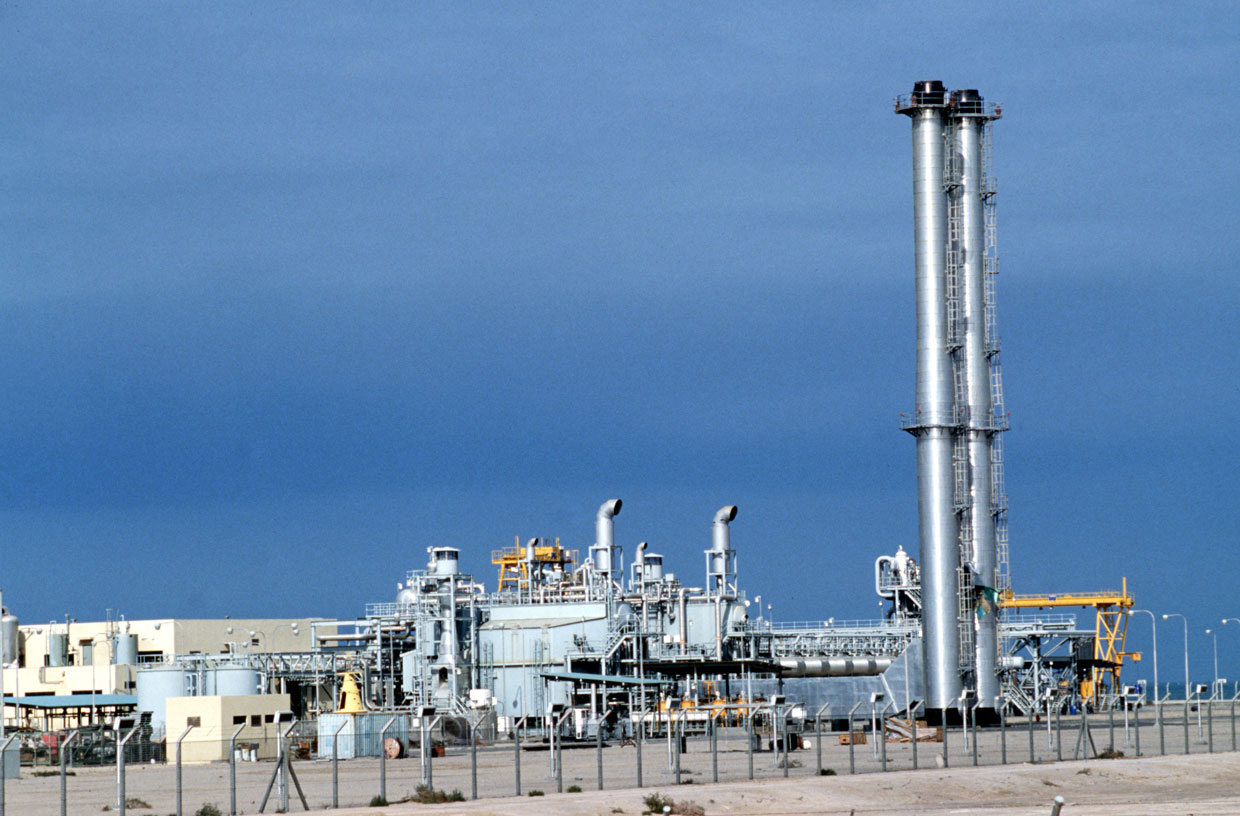Saudi Arabia ambitions on the world of gas

The world’s liquefied natural gas (LNG) market will become even more competitive within the next several years. Saudi Arabia, the world’s largest oil exporter, is now vying to become a major LNG exporter, joining the ranks of LNG heavyweights Qatar, Australia and the U.S.
State-owned Saudi Aramco’s chief executive said on Tuesday that the company needs $150 billion worth of investments over the next decade as the company plans to increase output and become an exporter. The company is also pushing ahead with gas development plans to offset domestic oil consumption to provide more oil available for export, a Reuters report said. Saudi Arabia also plans to produce 10 percent of its power from renewable sources in the next five to six years to diversify its energy mix and free up even more crude oil for export purposes.
The kingdom, and OPEC de facto leader, is developing around 30 solar and wind projects targeting 9.5 GW of renewable energy by 2023, as well as plans to build 17.6 GW of nuclear capacity by 2032.
Saudi Aramco plans to boost its gas production to 23 billion standard cubic feet (scf) a day from 14 billion scf now, its CEO Amin Nasser said at a chemicals industry event in Dubai. “Our gas program… will attract investments of about $150 billion over the next decade,” he said. “We also have world-class unconventional gas resources that are rapidly supplementing our large conventional resources.”
Nasser’s remarks come just a few months after Saudi Arabia and Russia indicated interest in joint LNG development, including Saudi Arabia teaming up Russian energy giant Novatek’s massive Arctic LNG 2 LNG project.
Moreover, a growing alliance on oil production between Saudi Arabia and Russia has already changed global oil markets, replacing oil markets kingdom Saudi Arabia’s prominence with that of this new two country coalition. In essence, what the Saudis could do until the last supply overhang from 204 to 2016, play the part of the world’s only swing oil producer, must now for all intents and purposes be done with help from Russia.
For his part, Russian President Vladimir Putin, has indicated his intent on vying with Qatar to become the global LNG exporter.
The problem for the Saudis, however, is that Riyadh’s growing relationship with Moscow could come at a cost since U.S.-Russian relations are at their lowest point since the end of the Cold War. In time, Saudi gas ambitions, as well as its need to rely on Russia to sway global oil markets, may have to be weighed against Riyadh’s relations with Washington.

